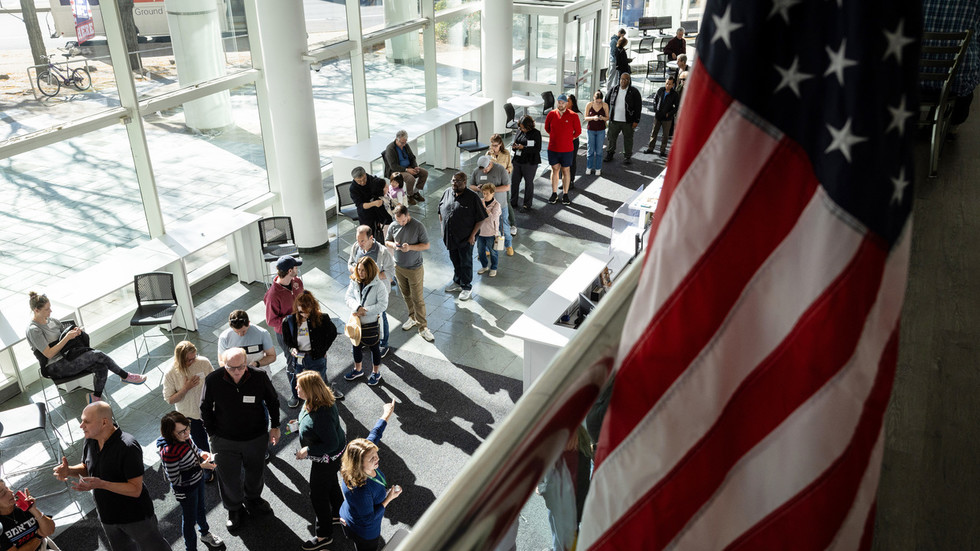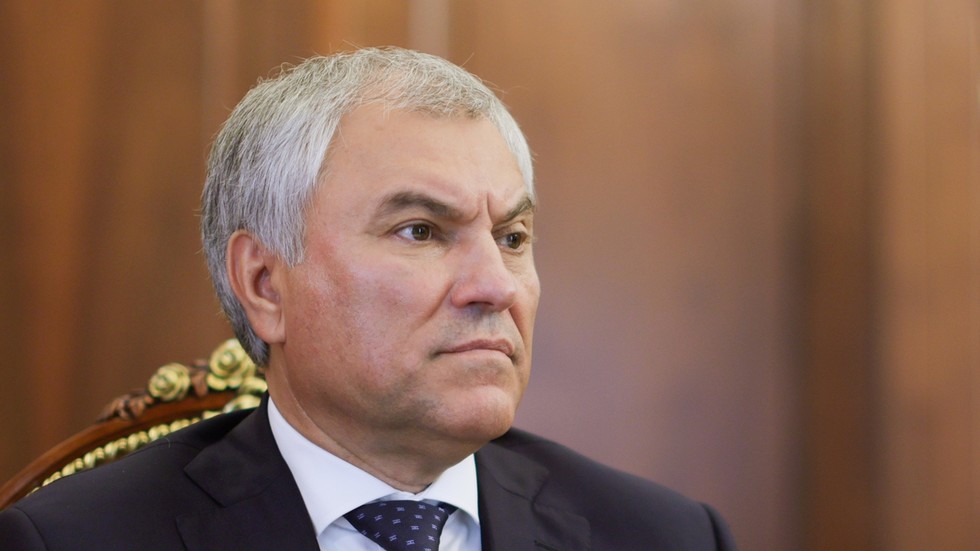The pressure of mass migration and the war in Ukraine have both forced the issue of securing the EU's eastern frontier.
Poland's Prime Minister Donald Tusk said Wednesday that its forces would further fortify the country's border with Belarus, and that they will use "all available means" to defend the NATO nation's frontier after a soldier was seriously wounded with a knife by a migrant on Tuesday.
Tusk said that a 200-metre buffer zone would be set up along the border, which is also the European Union's eastern frontier, a complement to the 190-kilometre metal barrier already in place to prevent an influx of migrants crossing from Belarus.
Together with the defence and interior ministers, Tusk visited troops, border guards and police forces securing the border following the knife attack on a soldier near the village of Dubicze Cerkiewne.
Officials said a migrant reached across the bars of the more than 5 metre-high metal wall separating Poland and Belarus and stabbed the soldier in the ribs. Polish security forces were not able to detain the attacker because he was on the Belarus side of the barrier, officials said.
The soldier remains hospitalised in serious condition.
Tusk said the government will make a final decision on the buffer zone next week. Poland says the pressure of illegal migration on its border is being deliberately driven by Belarus and Russia.
"There is no room for negotiation. Poland's border must be protected," Tusk said. "Polish troops, border guards, officers have become the targets of aggression and you have every right, not to say an obligation, to use every means available to you ... when you are defending not only the border but also you own life," Tusk said.
Tusk and Defence Minister Władysław Kosiniak-Kamysz said that additional police and military forces will be sent to the area.
The pro-EU government says the pressure and aggression of illegal migration is rising, organised by Russia and Belarus to destabilise Europe as Moscow wages war on Ukraine. Poland's authorities say the migrant groups arriving at the border now mainly comprise young men, compared to families with women and children previously.
More than 13,000 attempts at illegal crossing were registered so far this year, a rise from the same period last year.

 5 months ago
20
5 months ago
20









